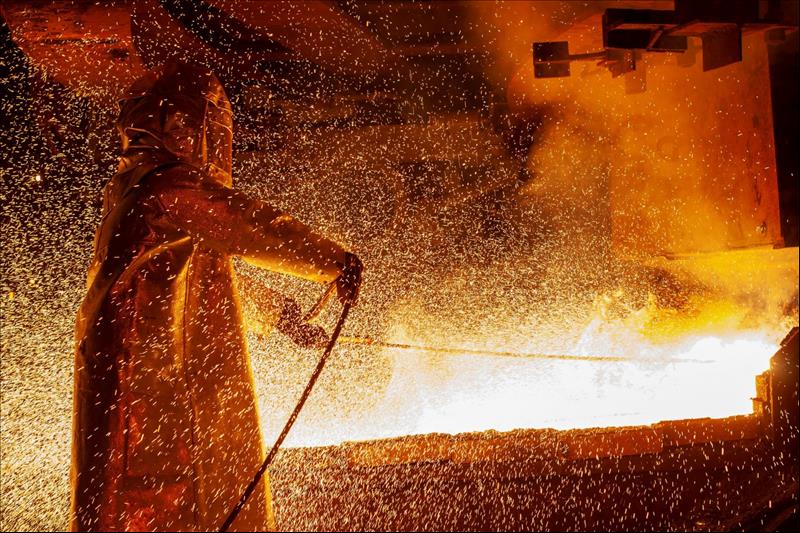
Indonesia 'Blood Nickel' Risks Too Grave To Ignore
sounded the alarm
over the use of
forced labor
in the nickel mines of Indonesia.
The finding has major implications for the energy transition because large amounts of nickel are needed to produce electric vehicle (EV) batteries and other low-carbon energy technologies.
Indonesia, which holds nearly a quarter of the world's nickel reserves, employs around 6,000 Chinese migrant workers under often exploitative conditions: low wages, extended hours, surveillance and isolation.
This new listing highlights what has long been known about Indonesia's troubled nickel industry and underscores China's determination to dominate critical mineral supply chains-regardless of the human or environmental cost.
Indonesia's nickel industry is under intensifying scrutiny, not only for labor rights violations but also for its severe environmental damage.
BASF's recent
withdrawal
from a US$2.6 billion nickel refinery in Weda Bay, Indonesia, reflects mounting global concerns. Although BASF attributed its decision to market dynamics,
calls
from environmental and human rights groups against the project played a significant role.
BASF's exit and the US Department of Labor's forced labor
finding
should serve as a wake-up call for the clean energy and automotive sectors.

Legal Disclaimer:
MENAFN provides the
information “as is” without warranty of any kind. We do not accept
any responsibility or liability for the accuracy, content, images,
videos, licenses, completeness, legality, or reliability of the information
contained in this article. If you have any complaints or copyright
issues related to this article, kindly contact the provider above.





















Comments
No comment